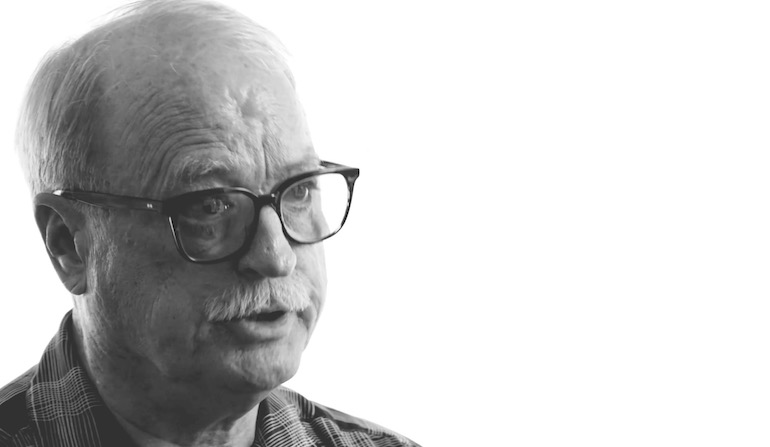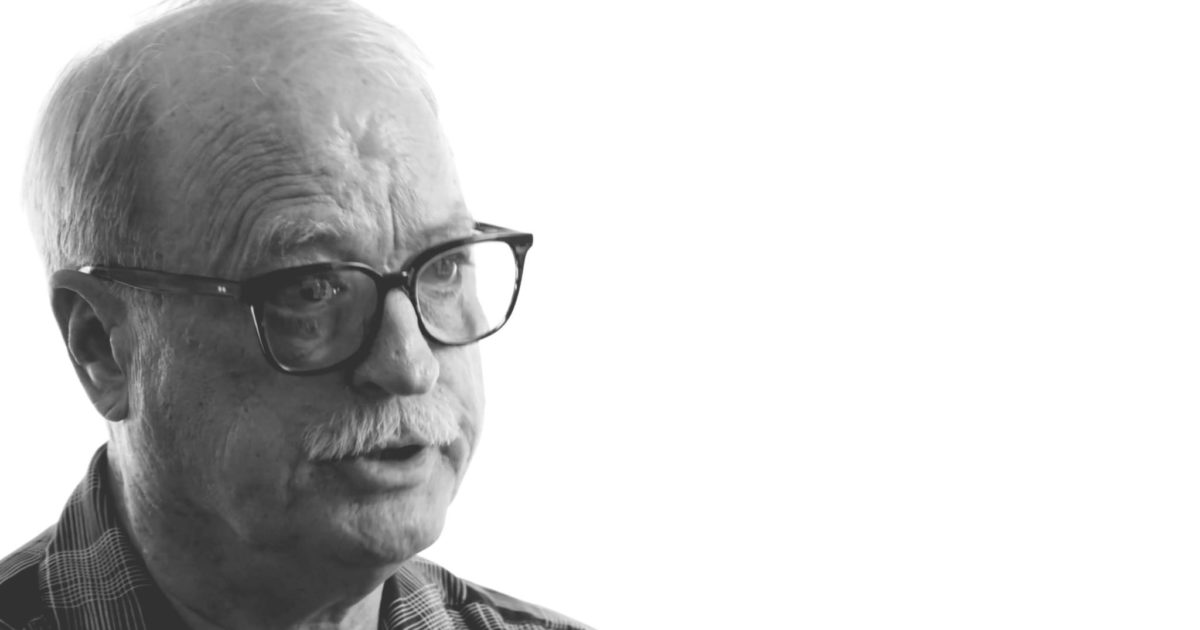 Faith & Science
Faith & Science
In a New Book, Philosopher J.P. Moreland Exposes Bankrupt Scientism


A chemist-turned-philosopher, J.P. Moreland approaches the intersection of science and worldviews with a love and respect for both. A Center for Science & Culture fellow and distinguished professor of philosophy at Biola University, Dr. Moreland is just out with a new book, Scientism and Secularism: Learning to Respond to a Dangerous Ideology. He argues that scientism is bankrupt. It pervades the culture and, ironically perhaps, harms both science and faith.
What is scientism? Moreland writes:
Roughly, scientism is the view that the hard sciences — like chemistry, biology, physics, astronomy — provide the only genuine knowledge of reality. At the very least, this scientific knowledge is vastly superior to what we can know from any other discipline. Ethics and religion may be acceptable, but only if they are understood to be inherently subjective and regarded as private matters of opinion.
Moreland mounts a strong attack on this influential but ultimately unsound ideology.
An Unsound Ideology
He begins by describing the impact of scientism and its internal contradictions. He moves on to explain how science does not need or necessarily lead to scientism. Then, he delves into philosophy and its proper relationship to science. Moreland argues that theism should be preferred over scientism. Finally, he issues a call to integrate science with Christianity. Moreland’s book covers a lot of ground, but he maintains an easy-to-follow logical progression.
My favorite sections of Scientism and Secularism are those where Moreland lays out philosophical arguments. Covering the self-refuting nature of scientism, he points to logical contradictions. Moreland describes mental states, arguing that some things cannot be measured scientifically and yet are real none the less.
Should philosophy define the nature of science? If so, why? Moreland makes the case for what he calls “first philosophy,” then analyzes the differences between scientific and personal explanations.
“First Philosophy”
He defends foundationalism as key to “first philosophy.” In some areas, philosophy has authority, and scientific experiments cannot provide answers. He describes foundationalism, noting:
For the foundationalist, all beliefs are either basic (a properly basic belief is a basic belief that we ought to take as basic, i.e., it is not a mistake to do so) or nonbasic. Basic beliefs are not justified solely by their connection to other beliefs, but that does not mean they are not justified by something. Most foundationalists will say that a properly basic belief is justified by an experience or by the way the belief was formed properly by the relevant (e.g., visual) faculty. For example, my belief that the wind is blowing is justified by my belief that the leaves are rustling, and this latter belief is justified by my belief that I hear the leaves rustling. This final belief is properly basic — it is not justified by another belief. But it is justified by an experience, namely, I seem to hear the leaves rustling.
Scientism focuses on experiments; the philosopher is free to acknowledge limitations and the necessary authority of the subjective observer.
But in what areas should philosophy precede science? Moreland says questions about the beginning of the universe, an ex nihilo beginning, the origin of the life and the origin of the mind require philosophical answers. Here’s Moreland on life:
But scientific or naturalistic attempts to define or provide essential characteristics of life flounder because, as many philosophers have pointed out, “life” is a “univocal, projectable predicate.” What does this mean? First, the term “life” is something we predicate (i.e., affirm) of certain things and not of others. Second, “life” is “univocal” and not equivocal; that is it means the same thing whenever we employ the term. Thus, to say that a dog or a human or a fish is alive is to use “life” in the same way….Finally, “life” is “projectable.” While we start out by using the term for living things with which we are acquainted, we can use the term for yet to be discovered actual or possible living things (e.g., life in outer space, or unicorns).
Moreland notes that we can even conceive of life in non-embodied entities, such as angels. Life fails to fit neatly into the researcher’s sphere of authority, as it is difficult to test all of the above in the lab. But philosophers can speak to its nature.
God of the Gaps?
Another key part is Moreland’s response to the God-of-the-gaps charge, often leveled against the theory of intelligent design. This common argument states that modern science has answered many questions people historically thought only God could solve. Therefore, we should wait for science to come up with answers to our current questions. Design supposedly fills holes of ignorance with “God did it” and so will always lose ground. Moreland’s response? I’ll just give you a teaser:
First, within the intelligent design model, God’s causal activity is clearly not limited to gaps. God constantly and actively sustains and governs the universe at all times. Nature is not autonomous. Moreover, intelligent design theory need not have any apologetic aim at all. A Christian theist (or a Muslim, for that matter) may simply believe that he or she should consult all that we know or have reason to believe is true, including theological beliefs, in forming, evaluating, and testing scientific theories and in explaining scientific phenomena. And even if someone uses an intelligent design approach with apologetic intentions, intelligent design advocates do not limit their apologetic case to gaps. The model merely recognizes a distinction between primary and secondary causes and goes on to assert that at least the former could have scientifically testable implications irrespective of the apologetic intentions of such a recognition.
Moreland goes on to talk about using the design inference when we have positive evidence. It’s not for papering over ignorance. Moreover, “even if the gaps in naturalistic scientific explanations are getting smaller, this does not prove that there are no gaps at all.”
Highly Recommended
Readers will find Moreland’s book extremely precise, yet accessible. I would recommend this book for university students. In fact, every IDEA Club or ID-friendly professor should have this book on hand to give to a student!
Scientism and Secularism demonstrates that order and reasoning underlie everything we know. Scientism cannot and should not topple philosophy. Moreland’s work in the volume Theistic Evolution and his myriad other books have, I’m sure, already brought many closer to the truth. I have no doubt this new book will advance the case for design among young academic seekers, who, like Moreland himself, love asking the big questions about the universe.
Photo: J.P. Moreland, screen shot from a video promoting Theistic Evolution, via Crossway Books.
